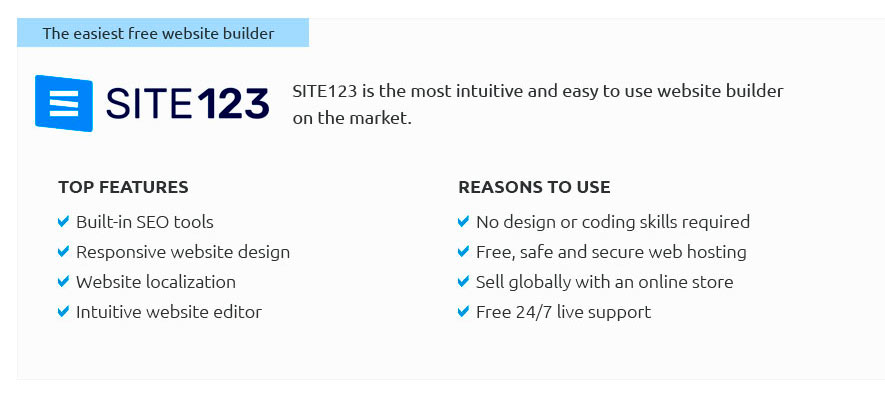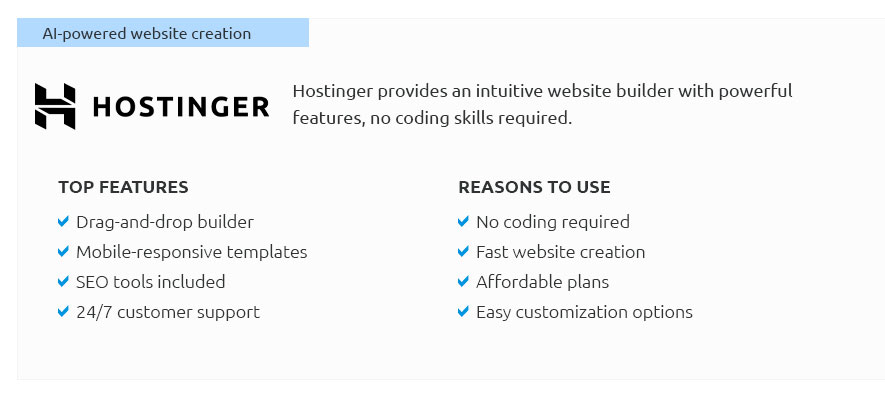 |
 |
 |
 |
|
 |
 |
 |
|
 |
|
 |
 |
|
 |
|
 |
|
 |
 |
Exploring the Best Online Selling Platforms: A Comprehensive GuideIn today's rapidly evolving digital marketplace, choosing the right online selling platform can be the key to success for any aspiring entrepreneur or seasoned business owner. With an abundance of options available, each offering unique features and benefits, it can be challenging to determine which platform best suits your specific needs and business goals. This guide aims to provide an in-depth analysis of some of the most popular online selling platforms, weighing their pros and cons to help you make an informed decision. Amazon, the behemoth of e-commerce, offers unparalleled reach with its massive global customer base. Sellers on Amazon benefit from the platform's established trust and comprehensive fulfillment services, allowing them to focus on product development and marketing rather than logistics. However, the competition is fierce, and the fees can add up, which may eat into profit margins, especially for small businesses. The platform's rigid policies can also be a double-edged sword, ensuring quality while potentially stifling creativity. Next on the list is eBay, a platform known for its auction-style listings and diverse product range. eBay provides flexibility in selling both new and used items, catering to a wide array of sellers. Its global reach and loyal customer base are significant advantages. On the downside, eBay's fee structure can be complex, and the platform is often associated with second-hand goods, which might not align with every brand's image. Furthermore, maintaining a high seller rating requires consistent customer service and quality control. For those looking to create a more personalized shopping experience, Shopify emerges as a top contender. With its robust suite of tools and customizable templates, Shopify allows businesses to build their brand identity from the ground up. It supports multiple sales channels, including social media and in-person sales, and provides a wealth of analytics to optimize marketing strategies. However, the platform requires a hands-on approach, which might be daunting for those without technical expertise. Additionally, while Shopify offers various pricing plans, the costs can increase with the addition of apps and plugins necessary for scaling a business. Etsy, a niche platform primarily focused on handmade, vintage, and craft supplies, offers sellers a unique marketplace with a targeted audience. Etsy's community-driven atmosphere and supportive seller environment are significant draws. However, its specialized focus may limit scalability, and the competition within certain categories can be intense. Listing fees and transaction costs should also be considered when calculating potential profits. Another noteworthy mention is Wix, a versatile platform known for its drag-and-drop website builder. Wix enables sellers to design visually appealing stores without any coding knowledge, making it accessible for beginners. It offers various apps and integrations to enhance functionality. On the flip side, Wix's e-commerce capabilities, while improving, still lag behind those of more established platforms like Shopify in terms of scalability and advanced features. Finally, there's BigCommerce, a platform catering to growing businesses with its robust set of features and scalability options. BigCommerce provides extensive SEO tools, multi-channel selling capabilities, and a strong support network. However, its complexity might be overwhelming for smaller businesses or those just starting. The cost, particularly for higher-tier plans, may also be prohibitive for some entrepreneurs. In conclusion, selecting the best online selling platform involves considering multiple factors such as target audience, budget, technical skills, and long-term business objectives. Each platform has its own strengths and challenges, and the optimal choice will depend on aligning these elements with your business strategy. Ultimately, taking the time to explore these options thoroughly will pay dividends in setting the foundation for a successful online selling venture. https://www.nerdwallet.com/article/finance/where-to-sell-stuff-online
Online marketplace and auction sites - Amazon - EBay - Bonanza. https://www.reddit.com/r/Flipping/comments/uu2i9o/whats_your_top_reselling_platform_most/
35 votes, 75 comments. Im currently selling on these platforms (in order of my top choice to least sales) Poshmark eBay Grailed Mercari ... https://www.shopify.com/blog/online-selling-sites
Top online marketplaces and auction websites. eBay; Bonanza; Ruby Lane; Etsy; Chairish; Swappa; Poshmark; Decluttr; Amazon. eBay. Ebay homepage with ...
|